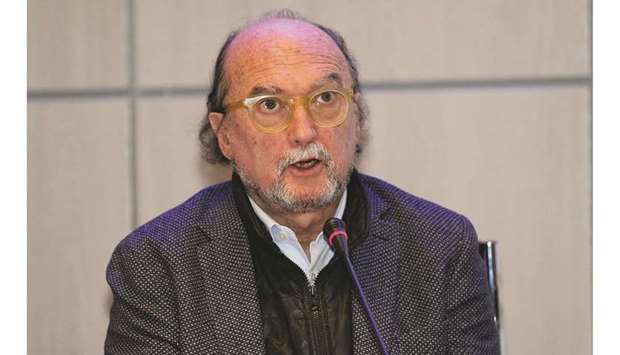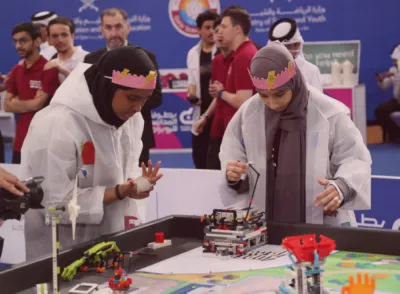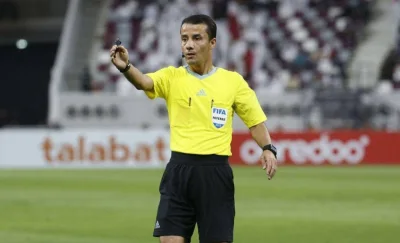The sports press worldwide is suffering not only because of the Covid-19 pandemic but also because of unhelpful federations, clubs and other sports authorities that are actively engaged in restricting journalists’ access to stories and sources, the president of the AIPS (International Sports Press Association) Gianni Merlo has said.
Merlo was speaking on the occasion of the World Sports Journalists’ Day yesterday at an online conference attended by members of the sporting media from several countries.
Merlo said that sports journalists still live in fear of the virus, but “our profession is suffering, finding it hard to breathe as if it is affected by Covid- 19, but there are other causes of this suffering.”
He added: “Organisers, federations, clubs are taking our breath away, that is, access to sources. Some limitations are rightly dictated by the health situation, but others are the result of a precise plan that wants to leave us on the sidelines, primed only with press releases, the social profiles of the champions, which are often managed by public relations agencies, and rumours orchestrated by those in power. “They also want to cut the number of journalists present at the stadium and then gradually abolish mixed zones. Choking, logically in a gentle way, the freedom of expression in the world of sport.”
Merlo said sports journalists must act to stop this. “If we supinely accept the changes taking place, the new generations will have a grim future and this is not right. Sport is also culture, as is sports journalism. We defend this culture and the future of a clean and educational sport.”
Yesterday was also the 97th birthday of the International Sport Press Association and Merlo added that that it must be emphasized that sports journalists have a job to do.
“We, the press, are not the enemy,” he said, speaking of stifling conditions for journalists attending the Olympic Games in Tokyo starting later this month.
He said the Playbook for journalists details conditions that are not helpful. “We’ve received the Playbook for journalists that will be in Tokyo and it turns out that you need to have the GPS always on, so they can precisely know where you are at all times. If your battery fails, if your phone dies, then you have to explain what happened to the security. They want to know also who you will meet, and this is not correct,” Merlo said
Merlo added: “Another thing that is incredible is that they tell us that we can have a meal in the press center or in the facility of the event that we are going, or you can eat in your hotel or buy some food in the special place, the so-called convenient store, but before going you need to ask the security staff and you need to come back in 15 minutes. If not, I don’t know what will happen. If there is a queue or you need to walk there, your 15 minutes are gone.
“Not following these rules can result in the withdrawal of your accreditation. Can you imagine? You’ve spent thousands of dollars, you’ve quarantined, you’ve followed all the rules, and you can lose everything for being 20 minutes in a convenient store to pay for food. This is unacceptable”.
Another important subject raised by the AIPS president was the risk of being banned: “When you go out you need to tell the security guard where you are going, and fill all the records when you are back. This is like being a prisoner and the freedom of the people is really in danger. But there is a third thing, If identified walking outside, the security guard will ask you to go back to your room and inform Tokyo 2020 Organisers. An infringement could result in us being kicked out of Japan.”
He made a call to review these regulations, appealing to the hospitality of Japan, that is well-documented. “We can’t judge Japan by this paper, because Japan is better than this. We need to find a solution together. We understand how difficult it is for them, but I can’t believe that the hospitality of Japan is this one. It’s a special occasion, but we are not in war.:

AIPS President Gianni Merlo


